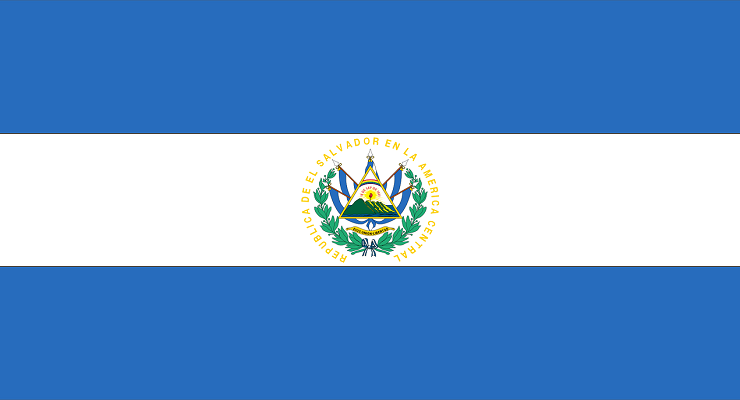 El Salvador has gone through much political turmoil to achieve democratization and yet its young president is doing everything possible to reverse these democratic gains. This interview with Nidia Díaz is published by Jacobin Mag. Here is an excerpt:
El Salvador has gone through much political turmoil to achieve democratization and yet its young president is doing everything possible to reverse these democratic gains. This interview with Nidia Díaz is published by Jacobin Mag. Here is an excerpt:
January 16, 2022, marks the thirtieth anniversary of the signing of the peace accords that brought El Salvador’s civil war to a negotiated close. The twelve-year conflict between the US-backed right-wing military dictatorship and the leftist guerrilla insurgency left seventy-five thousand dead and eight thousand disappeared, with hundreds of thousands more displaced. In 1993, the United Nations Truth Commission report attributed at least 85 percent of that violence to state security forces and their associated paramilitaries.
The peace accords did not modify the unequal and dependent structures of accumulation in El Salvador, but they did open a new arena of peaceful political struggle. The agreement demilitarized the Salvadoran state, establishing the constitutional bases for liberal democratic institutions. It enabled the demobilization of the Farabundo Martí National Liberation Front (FMLN), the leftist front the guerrillas were operating under, and its conversion into a legal political party, which, nearly twenty years later, came to govern the country for two terms (2009–2019).
Today those democratic gains are being rolled back. Authoritarian populist Nayib Bukele became the first postwar president to not commemorate the signing of the peace accords, which he dismissed as a “farce.” Instead, he frames both the war and the peace agreements as a conspiracy between two equally corrupt and elite factions. Over the course of his two and a half years in power, Bukele has dedicated his government to the remilitarization of the state, the dissolution of the separation of powers, and the criminalization of his opposition, resurrecting the specters of dictatorship.
Find the full article here.
Leave a Reply